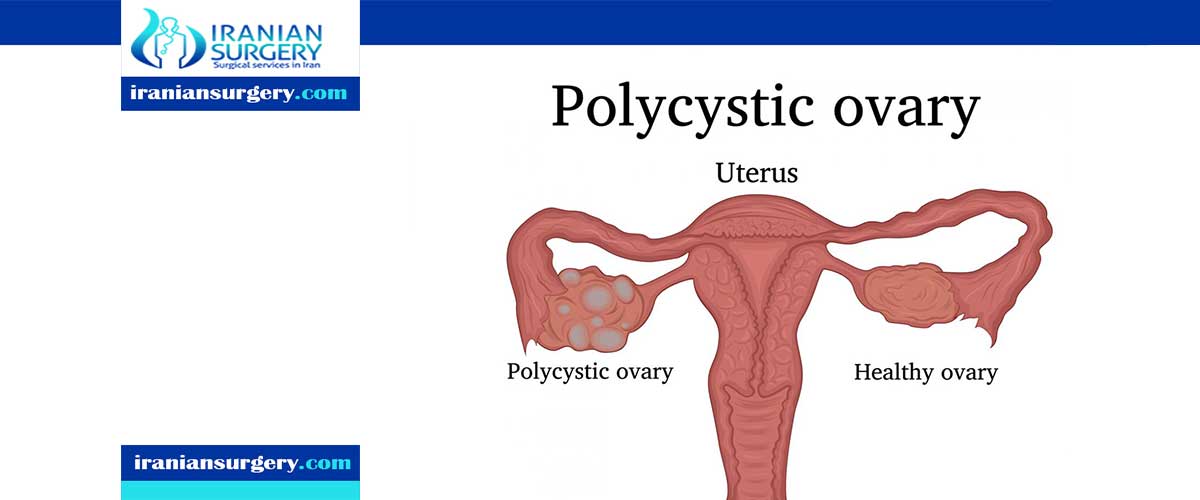1How can polycystic ovaries be cured?
Unfortunately, there is no cure for PCOS but often it can be managed without medical intervention. The mainstay of management is a healthy lifestyle, eating a healthy diet and exercising regularly
2Can you get pregnant if you have polycystic ovaries?
Polycystic ovarian syndrome (PCOS) is one of the most common causes of female infertility, affecting an estimated 5 million women. But you can get pregnant with PCOS. ... Most women will be able to conceive with a combination of lifestyle changes and fertility drugs.
3What are polycystic ovaries?
Polycystic ovary syndrome (PCOS) is a common condition that affects how a woman's ovaries work. ... irregular periods – which means your ovaries do not regularly release eggs (ovulation) excess androgen – high levels of "male" hormones in your body, which may cause physical signs such as excess facial or body hair
4Is it dangerous to have polycystic ovaries?
However, their PCOS hormonal imbalance does not change with age, so they may continue to have symptoms of PCOS. Also, the risks of PCOS-related health problems, such as diabetes, stroke, and heart attack, increase with age. These risks may be higher in women with PCOS than those without.
5Can polycystic ovaries be removed?
Since there is no specific cure for PCOS, treatment focuses on managing PCOS symptoms and preventing long-term complications. ... Surgery to remove the ovaries or uterus (bilateral salpingo-oophorectomy or hysterectomy) is an option for women with severely symptomatic PCOS who do not want future pregnancies
6What is the best age to get pregnant with PCOS?
Most doctors recommend that you seek treatment if you are not pregnant after one year of unprotected intercourse if you are under the age of 35. If you are over the age of 35, that number drops to six months
7Which is the best age to get pregnant?
Women are most fertile and have the best chance of getting pregnant in their 20s. This is the time when you have the highest number of good quality eggs available and your pregnancy risks are lowest. At age 25, your odds of conceiving after 3 months of trying are just under 20 percent
8What is the difference between PCOD and PCOS?
This article will outline the major differences between the two. PCO is not a disease, whilst PCOS is a metabolic condition: PCO is a variant of normal ovaries, whilst PCOS is a metabolic disorder associated with an unbalanced hormone levels released by the woman's ovaries
9Do polycystic ovaries go away?
With PCOS, women can develop "cysts" due to eggs not being released over time. ... Follicular cysts: These usually go away on their own in 1 to 3 months. These form when an egg doesn't get release as expected, so the follicle keeps growing. Corpus luteum cysts: These also usually go away on their own
10What should not eat in PCOS?
An anti-inflammatory diet: Anti-inflammatory foods, such as berries, fatty fish, leafy greens, and extra virgin olive oil, may reduce inflammation-related symptoms, such as fatigue. ... It may also help manage PCOS symptoms. A DASH diet is rich in fish, poultry, fruits, vegetables whole grain, and low-fat dairy produce



